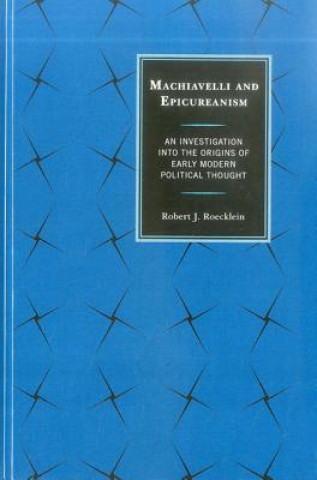
Kód: 04670001
Machiavelli and Epicureanism
Autor Robert J. Roecklein
This book investigates the influence of Epicurean physics on the argument developed in Machiavelli's Discourses on Livy. Towards this end, the full philosophical history and origins of atomist philosophy are investigated during th ... celý popis
- Jazyk:
 Angličtina
Angličtina - Väzba: Brožovaná
- Počet strán: 256
Nakladateľ: Lexington Books, 2014
- Viac informácií o knihe

Mohlo by sa vám tiež páčiť
-

Project X Code: Wild the Thunderbolt
10.26 € -

Unsettling Montaigne
163.93 € -

Hinduism and Modernity
78.88 €
Darčekový poukaz: Radosť zaručená
- Darujte poukaz v ľubovoľnej hodnote, a my sa postaráme o zvyšok.
- Poukaz sa vzťahuje na všetky produkty v našej ponuke.
- Elektronický poukaz si vytlačíte z e-mailu a môžete ho ihneď darovať.
- Platnosť poukazu je 12 mesiacov od dátumu vystavenia.
Viac informácií o knihe Machiavelli and Epicureanism
Nákupom získate 198 bodov
 Anotácia knihy
Anotácia knihy
This book investigates the influence of Epicurean physics on the argument developed in Machiavelli's Discourses on Livy. Towards this end, the full philosophical history and origins of atomist philosophy are investigated during the first three chapters. Plato's critique of the atomist philosophy, from his dialogue the Parmenides, is a part of that investigation. In fact, Plato provides a refutation of the atomist philosophy in the Parmenides. A significant amount of scholarship has been accomplished that demonstrates the currents of Lucretian atomism in Machiavelli's Florence. Evidence is supplied as to Machiavelli's exposure to the Lucretian text, and the book then proceeds to investigate the transformational arguments of the Discourses On Livy itself. Machiavelli's Discourses are saturated with terminology that is borrowed from physics: 'materia' (Matter), 'corpo' (body), 'forma' (form), 'accidente' (accident). English translators have usually employed some theory as to which tradition of physics Machiavelli is relying upon, in order to conduct their translations. By borrowing the terminology of Lucretian physics, Machiavelli becomes able to conceive of the people in a political society as something less than human: as 'matter' or materia without form. In my analysis of Machiavelli's deployment of the concepts from Lucretian physics, it is attempted to unveil the brutality that is inherent in Machiavelli's new definitions of the elements of politics, and the general hostility of his political science to the Aristotelian concept of the human being as political animal. The classical physics of Aristotle, which Machiavelli has rejected for a model, indicates the forward looking momentum of natural beings. For Aristotle, nature intends human political society as the arena for human fulfillment. In Aristotelian physics, nature aims at an end in generation, i.e. at a culmination of the natural being in its proper condition of excellence. For human beings, this is justice, the quality of relationships that makes happiness possible. In Machiavelli, a new politicized physics is revealed. In Machiavelli's model, the human beings of formed matter are repeatedly sent, through new institutions and methods of government, 'back to their beginnings', i.e. to a condition of isolation, destitution, injury, and pain. The last chapter of the book concludes with an examination of the particular institutions and methods that Machiavelli holds out to us for employment, if his new vision of a republic is to be realized.
 Parametre knihy
Parametre knihy
Zaradenie knihy Knihy po anglicky Humanities Philosophy Social & political philosophy
80.32 €
- Celý názov: Machiavelli and Epicureanism
- Autor: Robert J. Roecklein
- Jazyk:
 Angličtina
Angličtina - Väzba: Brožovaná
- Počet strán: 256
- EAN: 9780739197752
- ISBN: 0739197754
- ID: 04670001
- Nakladateľ: Lexington Books
- Hmotnosť: 350 g
- Rozmery: 153 × 228 × 19 mm
- Dátum vydania: 02. September 2014
Obľúbené z iného súdka
-

The 48 Laws of Power
26.18 € -4 % -

Change or Die
17.25 € -11 % -

GOVERNMENT OF SELF AND OTHERS: LECTURES
25.36 € -7 % -

Free Will
9.03 € -23 % -

A Conflict of Visions
29.37 € -

End of History and the Last Man
16.63 € -23 % -

Justice as Fairness
37.28 € -12 % -

Candlestick Charting Explained Workbook: Step-by-Step Exercises and Tests to Help You Master Candlestick Charting
28.65 € -18 % -

Beyond Nature and Culture
42.10 € -4 % -

Frames of War
12.93 € -4 % -
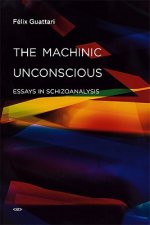
Machinic Unconscious
16.84 € -17 % -
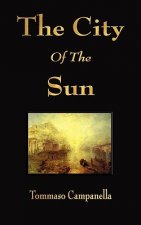
City of the Sun
9.75 € -
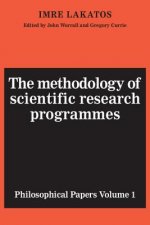
Methodology of Scientific Research Programmes: Volume 1
34.81 € -4 % -

Divine Left
16.43 € -6 % -

On Tocqueville
17.86 € -10 % -
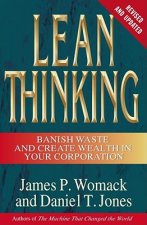
Lean Thinking
28.13 € -22 % -
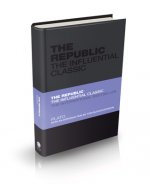
The Republic
13.04 € -21 % -

Essential Drucker
20.43 € -
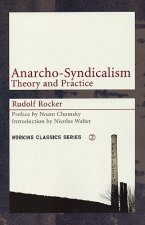
Anarcho-syndicalism
11.70 € -18 % -

Fashion System
17.76 € -23 % -
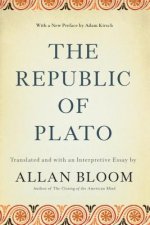
Republic of Plato
19.40 € -20 % -

Ideas Have Consequences
18.68 € -12 % -

21 Indispensable Qualities of a Leader
23.41 € -4 % -

Discourse on Inequality
10.67 € -15 % -
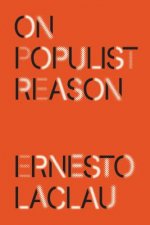
On Populist Reason
16.94 € -21 % -

Years of Rice and Salt
9.34 € -19 % -
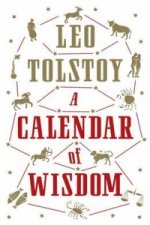
Calendar of Wisdom
10.16 € -22 % -

Oxford Handbook of Political Ideologies
68.40 € -

Political Philosophy
15.40 € -21 % -
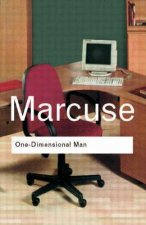
One-Dimensional Man
23.31 € -4 % -
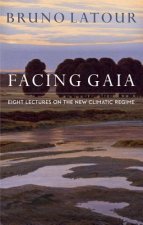
Facing Gaia
27.72 € -2 % -

Radicality of Love
25.05 € -

Violence and the Sacred
27.31 € -4 % -
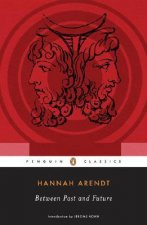
Between Past and Future
19.92 € -3 % -

Modern Social Imaginaries
25.05 € -11 % -

Managing Your Manager: How to Get Ahead with Any Type of Bos
19.92 € -14 % -

What is Power?
18.68 € -

Habermas - A Biography
27.11 € -34 % -
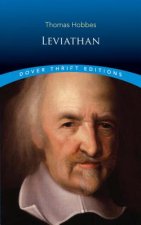
Leviathan
7.59 € -15 % -

Proposed Roads to Freedom
11.08 € -

General Theory of Law and State
60.39 € -
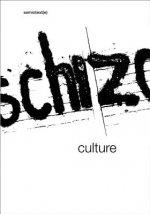
Schizo-Culture
38.92 € -5 % -

Common Sense, The Rights Of Man And Other Essential Writings
8.10 € -3 % -

People vs. Democracy
34.09 € -

Time for Revolution
39.13 € -
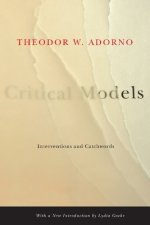
Critical Models
47.86 € -

Common Good of Constitutional Democracy
59.36 € -
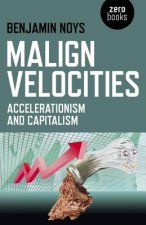
Malign Velocities - Accelerationism and Capitalism
13.65 € -17 % -

Platform Capitalism
14.06 € -2 %
Osobný odber Bratislava a 2642 dalších
Copyright ©2008-24 najlacnejsie-knihy.sk Všetky práva vyhradenéSúkromieCookies



 21 miliónov titulov
21 miliónov titulov Vrátenie do mesiaca
Vrátenie do mesiaca 02/210 210 99 (8-15.30h)
02/210 210 99 (8-15.30h)